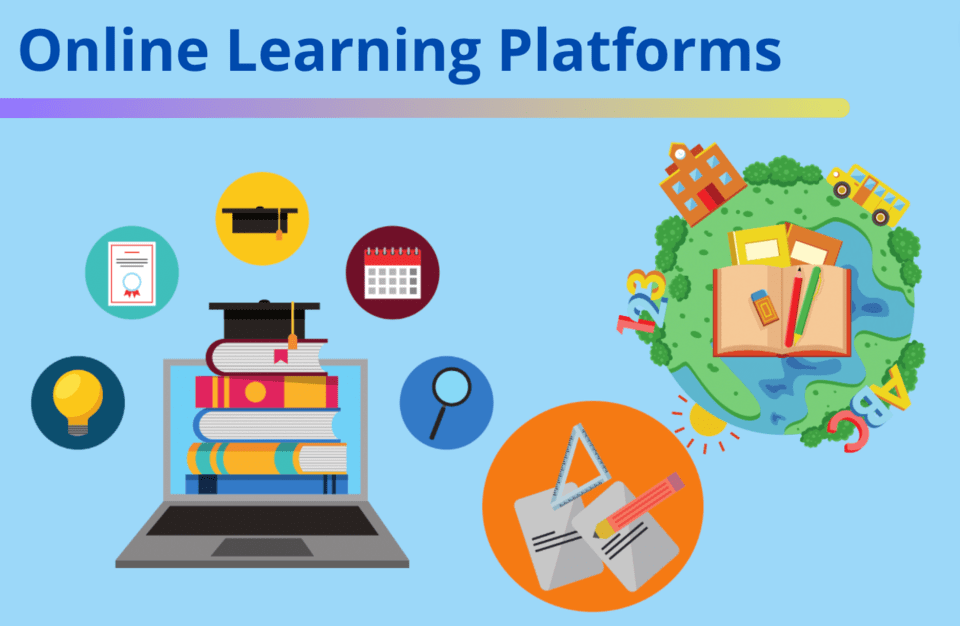The landscape of education has witnessed a remarkable transformation with the advent of the online education system. Over the past decade, online education has grown exponentially, offering a plethora of opportunities for learners worldwide.
One of the most significant advantages of the online education system is its accessibility. Learners can access a wide array of courses, ranging from academic subjects to vocational skills, with just an internet connection. This democratization of education has made learning accessible to individuals regardless of their geographical location, making it possible for anyone with a thirst for knowledge to pursue their educational goals.
Flexibility is another hallmark of online education. It allows students to design their own learning schedules, accommodating work, family, or other commitments. This flexibility is a game-changer for working professionals, parents, and those seeking to upskill or change careers.
Furthermore, online education encourages self-motivation and responsibility. Learners take an active role in their education, developing valuable time management and discipline skills. The online environment also encourages critical thinking and problem-solving, as students often work independently or in virtual teams.
Despite its many advantages, the online education system is not without challenges. Digital literacy and access to technology can be barriers for some individuals. Additionally, the absence of face-to-face interaction may lead to feelings of isolation.
In conclusion, the online education system has revolutionized the way we learn, offering accessibility, flexibility, and a dynamic learning experience. As technology continues to advance, online education is likely to play an even more pivotal role in the future of education, bridging gaps and empowering learners across the globe.

